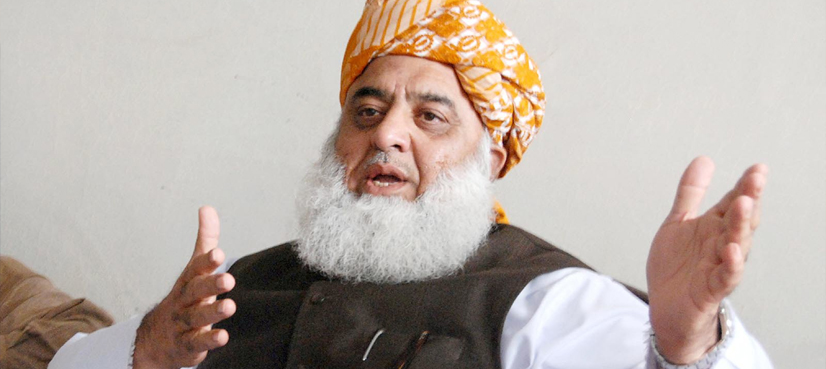
KARACHI: Lower Dir is a remote and conservative district of Khyber-Pakhtunkhwa. Women were collectively disenfranchised here by political parties in the 2013 general elections, triggering outcry across the country. But things changed in the 2018 elections, and this change is radical. Dir is all set to send a woman lawmaker, the youngest ever, to the provincial legislature.
Shamsul Qamar Khan, an Awami National Party candidate in the 2008 elections, had died of cardiac arrest on poll day. The local community thought his political legacy would be buried with him since he had no sons to carry forward his legacy.
Little did they know that one of his daughters would prove them wrong and break the taboos in the patriarchal society.
“My political career began shortly after my father died on February 18, 2008. He was contesting for provincial and national assembly seats (PF-95 and NA-34) on ANP tickets,” Qamar’s daughter Sumera Shams told The Express Tribune.
Though the ANP had been voted to power in Khyber-Pakhtunkhwa (then NWFP), Sumera recalled how she had received a cold shoulder from the party and the community.
In the years that followed, the family persevered. Sumera’s mother managed to head up two construction companies while her sister served as a district councillor in Lower Dir until 2018.
A student at the time of her father’s death, Sumera joined Imran Khan’s Pakistan Tehreek-e-Insaf (PTI), assuming a role in its female student wing in K-P. Later, as head of the Insaf Students Federation (ISF) women’s wing, Sumera focused on issues including institutional sexual harassment. “It is not easy for a young girl to survive in a traditionally male-dominated society,” she added.
In the 2013 general polls, when local elders reached an agreement with political parties to bar women from casting their votes, Sumera defied PTI’s decision by becoming one of the few women to vote in the Dir region. “I waited until noon – indecisive. Later in the day, I gathered up the courage to proceed to the polling station and cast my vote,” she recalled.
“Where last time it took minutes, this year I had to wait for three hours in line to vote as women came out in large numbers to vote,” said Sumera.
The women voters’ turnout in the district was largely influenced by Section 9 of the Election Act 2017 which gives the Election Commission of Pakistan (ECP) the power to declare poll void if the commission finds violations including “implementation of an agreement restraining women from casting their votes.”
According to the clause, “If the turnout of women voters is less than ten per cent of the total votes polled in a constituency, the Commission may presume that the women voters have been restrained through an agreement from casting their votes and may declare, polling at one or more polling stations or election in the whole constituency, void.”
After the Imran Khan-led party gained majority seats in the federal, Punjab and K-P assemblies, Sumera was picked to represent the district in the provincial assembly on a reserved seat for women.
Sumera said Dir, an erstwhile stronghold of Jamaat-e-Islami, did not see any development work under the rule of the politico-religious party led by Sirjaul Haq.
Asked why the right-wing party remained in coalition with the PTI until earlier this year, Sumera claimed that the JI had failed to deliver in the district despite her party’s efforts. “It has been years since the PTI allotted funds for a medical college in Timergara, but due to JI’s corruption, the project could not be completed,” she claimed.
“As local representatives, it was JI’s responsibility to bring development,” she added.







0 comments:
Post a Comment